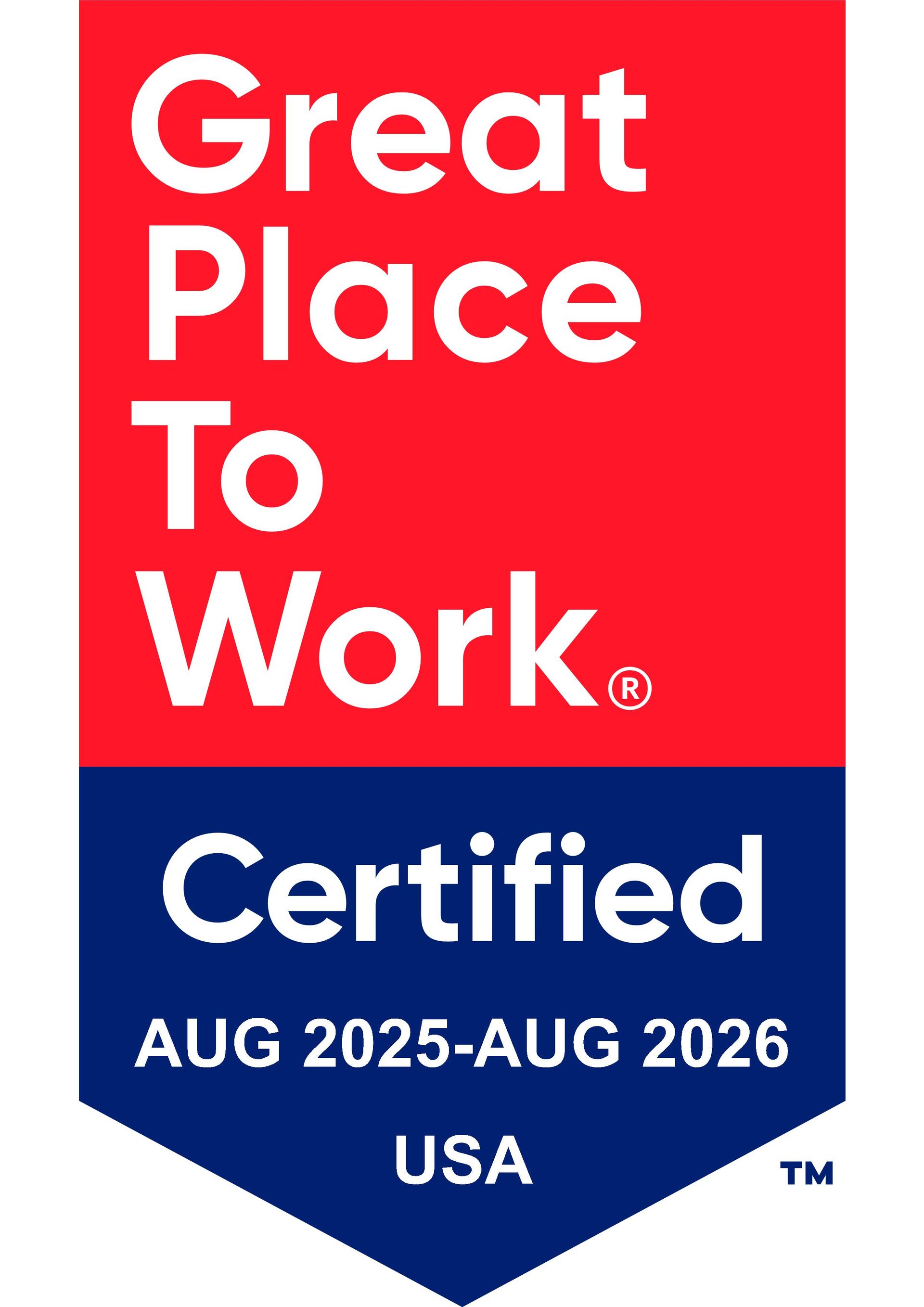
HR Compliance Calendar: Deadlines You Should Know
9 August 2022

HR compliance is a vital aspect of any business. Issuing notices and submitting reports are common aspects of remaining current and in compliance with Federal laws to avoid penalties and fees.
HR Compliance Calendar: Deadlines You Should Know
Below are common HR Compliance deadlines to add to your compliance checklist, followed by some best practices for incorporating an HR Compliance Calendar into your workflow.
January HR Compliance Checklist
• January 31 - 1095-B Form Distributions: Form 1095-B is used to verify the kind of health insurance employees and their dependents have and the prior year’s coverage period.
• January 31 – 1095-C Form Distributions: According to the Affordable Care Act, employers who meet specific criteria must provide health insurance options to qualifying full-time employees. Form 1095-C is an annual statement that businesses can send to their employees to indicate they are eligible for health insurance coverage and the available insurance options.
• January 31 - 1099-Misc Form Distributions: 1099 MISC forms must be issued for employers who have paid miscellaneous income, such as rent or payments to attorneys.
• January 31 - Annual Form 940: For those that did not pay FUTA (Federal Unemployment Tax Act) taxes when they were due, an Annual Form 940 must be prepared.
• January 31 - Quarterly Forms 941: Form 941 shows social security, Medicare, and income taxes withheld from employee paychecks.
• January 31 - Quarterly 720 (Q4): Form 720 is required for a business that is subject to excise tax.
• January 31 - W-2 Distributions: W2 forms must be issued to every employee to report the employee’s annual wages and taxes withheld.
February HR Compliance Checklist
• February 1 - 1099-NEC Form: The 1099-NEC (non-employee compensation) Form must be issued to freelancers and contractors that meet the IRS threshold to report their income and if any taxes were withheld.
• February 1 - OSHA Form 300A Posting: Most employers with 10 or more full-time employees are required to keep a log of reportable illnesses and injuries. OSHA Form 300A highlights all reportable illnesses and injuries that happen during work. The employer record also includes the time and location of where they happened.
• February 8 - 1099-MISC (Box 8 and 10 Checked): Form 1099-MISC needs to be issued by this date to all, with only Box 8 and Box 10 checked.
• February 10 - Annual Form 940 Due: Annual Form 940 is due by this date if quarterly FUTA taxes were paid on time.
• February 28 - Affordable Care Act (ACA) Forms 1094-C and 1095-C Paper Filing: Forms 1094-C and 1095-C are required according to the ACA and, when paper filing, are due on this date.
March HR Compliance Checklist
• March 1 – 8809 Form Paper Filing Deadline: Form 8809 is due on this date when paper filing. It is used to request an extension to file Federal tax forms, including the W-2, W-2G, 1094-C, and 1042-S.
• March 1 - HIPAA Breach Employee Notification: The HIPAA Breach Employee Notification is required for entities and their associates covered by HIPAA. The HIPAA Breach Employee Notification rule requires notification from the entity or business associate after a breach of data pertaining to PHI (protected health information).
• March 1 - M-1 Form: Form M-1 is where entities report information related to a multiple employer welfare arrangement (MEWA) and entities claiming exception (ECE).
• March 2 - Creditable Coverage Disclosure to the Centers for Medicare & Medicaid Services (CMS): Employers that offer calendar year plans that cover prescription drugs for Medicare Part D eligible people need to report to CMS if the self-administered drug prescription coverage is “creditable prescription drug coverage” or not.
• March 2 - OSHA Form 300A: OSHA Form 300A must be electronically submitted by this date.
• March 8 - Form 1065 (for Partnerships) Tax Return: The 1065 Form is the Federal Tax Return highlighting Partnership Income. Form 1065 is used to report credits, deductions, losses, and profits from a business partnership.
• March 8 - Form 1120-S (for S-Corporations) Tax Returns: The 1120-S Form is the Federal Income Tax Return for S Corporations used to report dividends, losses, and income of S Corp shareholders.
• March 31 - EEO-1 Filing and Reporting Deadline: All private employers with 100 or more employees and Federal contractors with 50 or more employees that meet specific criteria are required to adhere to EEO-1 annual data collection and reporting. Required information includes demographic data, such as job category, race, and sex.
• March 31 - Form 1094-C and 1095-C E-Filing: Forms 1094-C and 1095-C are due on this date if e-filing.
• March 31 - Form 8809 E-filing Deadline: Form 8809 is due on this date when e-filing.
April HR Compliance Checklist
• April 15 - 7004 Form: Form 7004 requests a six-month automatic extension to file specific business information, income tax, and other types of returns.
• April 15 - 8928 Form: Form 8928 is an employer self-report for compliance failures related to COBRA administration.
• April 30 - Quarterly 941 & 720 Forms: Q1 Forms 941 and 720 are due on this date.
• April 30 - Summary Plan Description (SPD): Employers are required to issue an SPD to plan participants enrolled in any Employee Retirement Income Security Act of 1974 (ERISA) covered health benefits insurance and retirement plans.
• April 15 - Tax Day: April 15 is the day when Federal personal and C Corporation income tax returns are due to be e-filed or post-marked.
May HR Compliance Checklist
• May 15 - Non-Profit Tax Returns and Form 990: Annual Form 990 shows yearly activities for entities with income tax exemption status.
June HR Compliance Checklist
There are no key HR compliance dates in June.
July HR Compliance Checklist
• July 31 - Compliance Check: This is an ideal time to review the HR compliance checklist and required benefits notices, and then make a plan to issue what’s required.
• July 31 - Forms 5500 and 5558: Form 5500 reports an entity’s information regarding its 401(k)-calendar year plan’s operation, financial status, and investments to make sure such plans are complying with government regulations. Form 5558 allows entities to request a 2.5-month extension to file employee plan returns.
August HR Compliance Checklist
There are no key HR compliance dates in August.
September HR Compliance Checklist
• September 30 – Summary Annual Report (SAR): A SAR must be issued to participants of ERISA-covered plans. The SAR summarizes Form 5500 found in ERISA plan documents.
October HR Compliance Checklist
• October 3 - Qualified Small Employer Health Reimbursement Arrangement (QSEHRA) Notice: QSEHRA notices are required for January 1 (of the next year) for effective health cost reimbursement plans offered by Small Business (SMB) employers.
• October 3 - Retiree Drug Subsidy (RDS) Application to CMS: For plans effective January 1 (of the next year), the RDS is one option out of many offered under Medicare. The RDS allows employers to aid retirees eligible for Medicare to obtain more advantageous prescription drug coverage.
• October 14 - Medicare Part D Notice of Creditable Coverage: The Medicare Part D Notice of Credible Coverage must be delivered to participants of the plan by this date.
• October 31 - Quarterly Form 941 & 720: Q3 Forms 941 and 720 are due on this date.
November HR Compliance Checklist
• November 1 – FSA Receipt Employee Reminder: For employees with an FSA that have out-of-pocket expenses, they need to submit receipts for reimbursement of such expenses by a certain date based on the employer’s plan details. Employers should send employees a reminder to provide their FSA-eligible expenses and required documentation to the plan administrator by the applicable deadline.
December HR Compliance Checklist
• December 31- Nondiscrimination Testing: Employers should complete nondiscrimination testing for their FSA, 125 Premium Only Plans (POP), and 401(k) plans by this date.
• December 31 - Employee Handbook and Policy Review: December is generally an ideal month to provide employees with employment-related documents to review, including the Employee Handbook and HR policies.
• December 31 - Distribute Holiday Calendar for Following Year: December is also an ideal month to issue employees the calendar of paid holidays for the following year.
How to Create and Maintain an HR Compliance Calendar
1. Make it as simple and focused as possible. Create a calendar with pertinent deadlines that appear clean and easy to read. Information that describes the deadlines should be reserved for the documents outlining pertinent details, like requirements, processes, and deadlines, about the task.
2. Ensure those who need access do. It can be easiest to give everyone in HR or who has interaction with any of the items on the HR Compliance Calendar access to it. This helps to reduce requests for access and allows everyone to be on the same page.
3. Identify the proper owner of each item with a backup owner. Each item on the calendar should have an identified owner and at least one backup owner in the event that someone is out when deadlines are approaching or due.
4. Review and update the calendar regularly. Requirements change, as well as deadlines. You also want to make sure you don’t miss any critical deadlines. As such, review your calendar regularly—at least once a month at the beginning of each month.
Being organized when it comes to HR compliance can make your job, as well as your team’s job, a lot easier and less stressful. Use the above deadlines and tips as a starting place to create your HR Compliance Checklist and Calendar. And be sure to check your local and state laws to add requirements specific to the areas where you do business or have employees are also covered.



